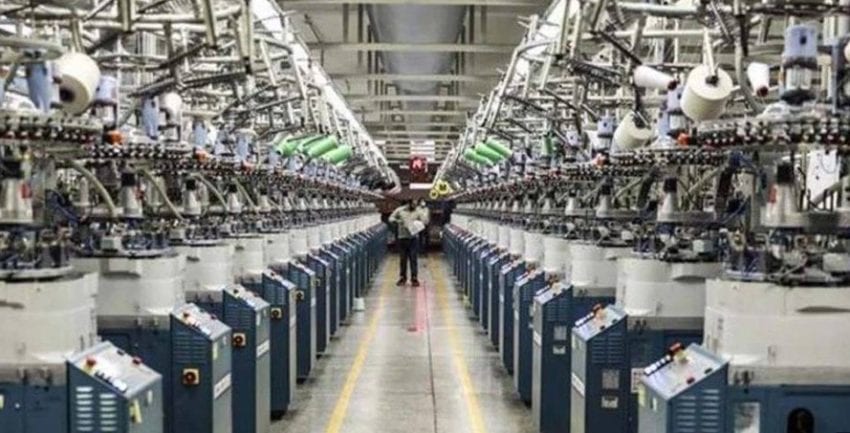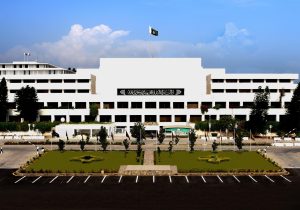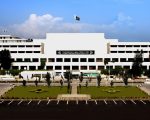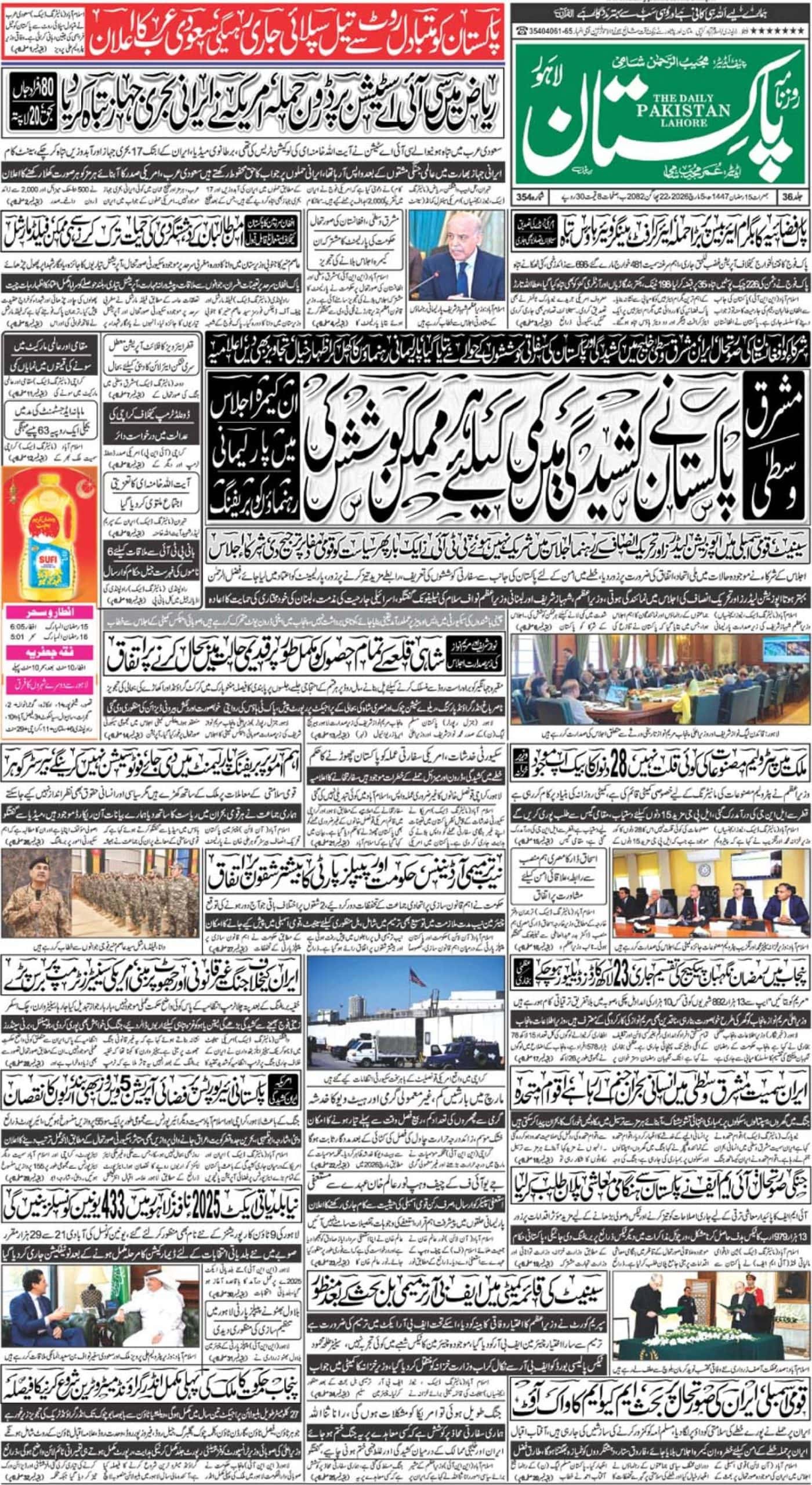KARACHI – SITE Association of Industry (SAI) submitted set of comprehensive recommendations ahead of Federal Budget 2025-26, urging government to adopt strategic reforms aimed at accelerating industrial growth and enhancing Pakistan’s export competitiveness.
SAI President Ahmed Azeem Alvi and former president Riaz Uddin stressed importance of transforming budget planning from a routine fiscal exercise into a forward-looking economic strategy. They highlighted the need to separate tax policy formulation from tax administration to improve efficiency and align with international best practices.
The industry body called for widening the country’s narrow income tax base, currently just 9 to 10 percent of GDP, and recommended capping the maximum income tax rate on business income at 25 percent over the next three years. SAI also urged the government to abolish the Super Tax, describing it as outdated and burdensome, and called for relief on inter-corporate and dividend taxation.
SAI voiced strong objections to recent amendments in the Income Tax Ordinance (Ordinance IV of 2025), arguing that these changes grant excessive powers to tax authorities and violate constitutional provisions. The association demanded the immediate withdrawal of these amendments, warning they could discourage tax compliance and deter investors.
On sales tax, the association recommended establishing a harmonized GST system supported by a single compliance portal to resolve issues caused by overlapping federal and provincial jurisdictions. SAI urged the government to reduce the current combined sales tax rate of 22 percent to 15 percent gradually over three years to encourage formalization and lower business costs. They also called for the removal of the additional sales tax, which they say fuels tax evasion and perpetuates the informal economy.
SAI emphasized the importance of maintaining sales tax exemptions on essential goods, including staple foods, medicines, and education-related items, to protect consumers amid inflation. The group also requested the restoration of zero-rating on export facilitation schemes and educational stationery, as pledged by the Finance Minister in June 2024.
Regarding customs reforms, SAI highlighted the need to update outdated legislation, simplify tariff structures, and improve enforcement. The association suggested revising the Customs Act to comply with WTO and WCO standards and centralizing revenue collection at ports of entry to prevent leakage.
Finally, SAI criticized the inefficiency of existing employee welfare schemes and proposed consolidating them into a single digital authority with representation from employers, employees, and regulators to improve fund management and service delivery.
The proposals reflect SAI’s broader call for policies that balance fiscal revenue needs with fostering industrial growth, promoting exports, and attracting investment to strengthen Pakistan’s economy.














